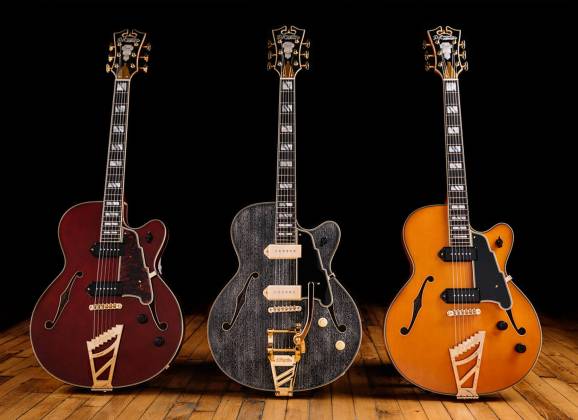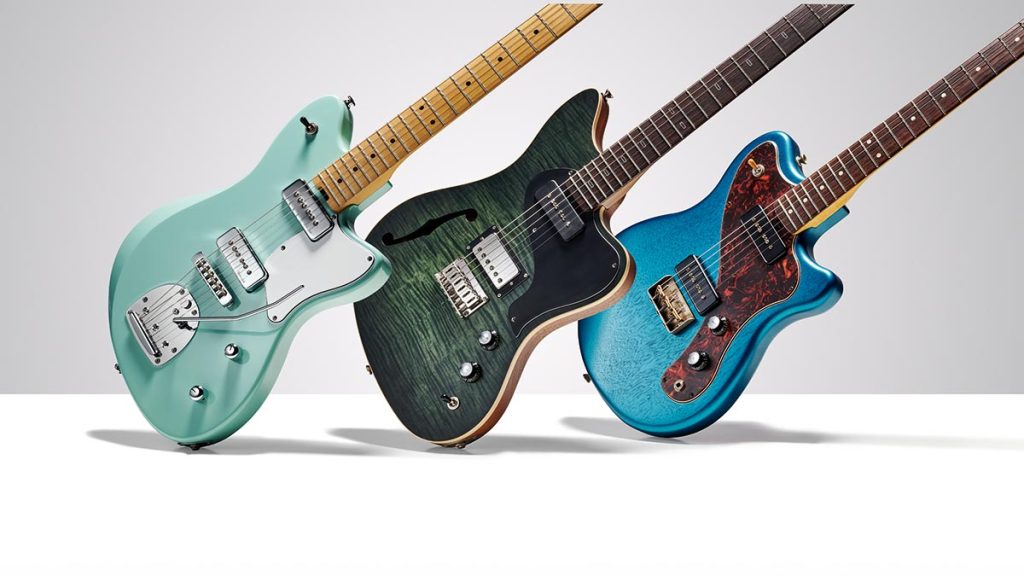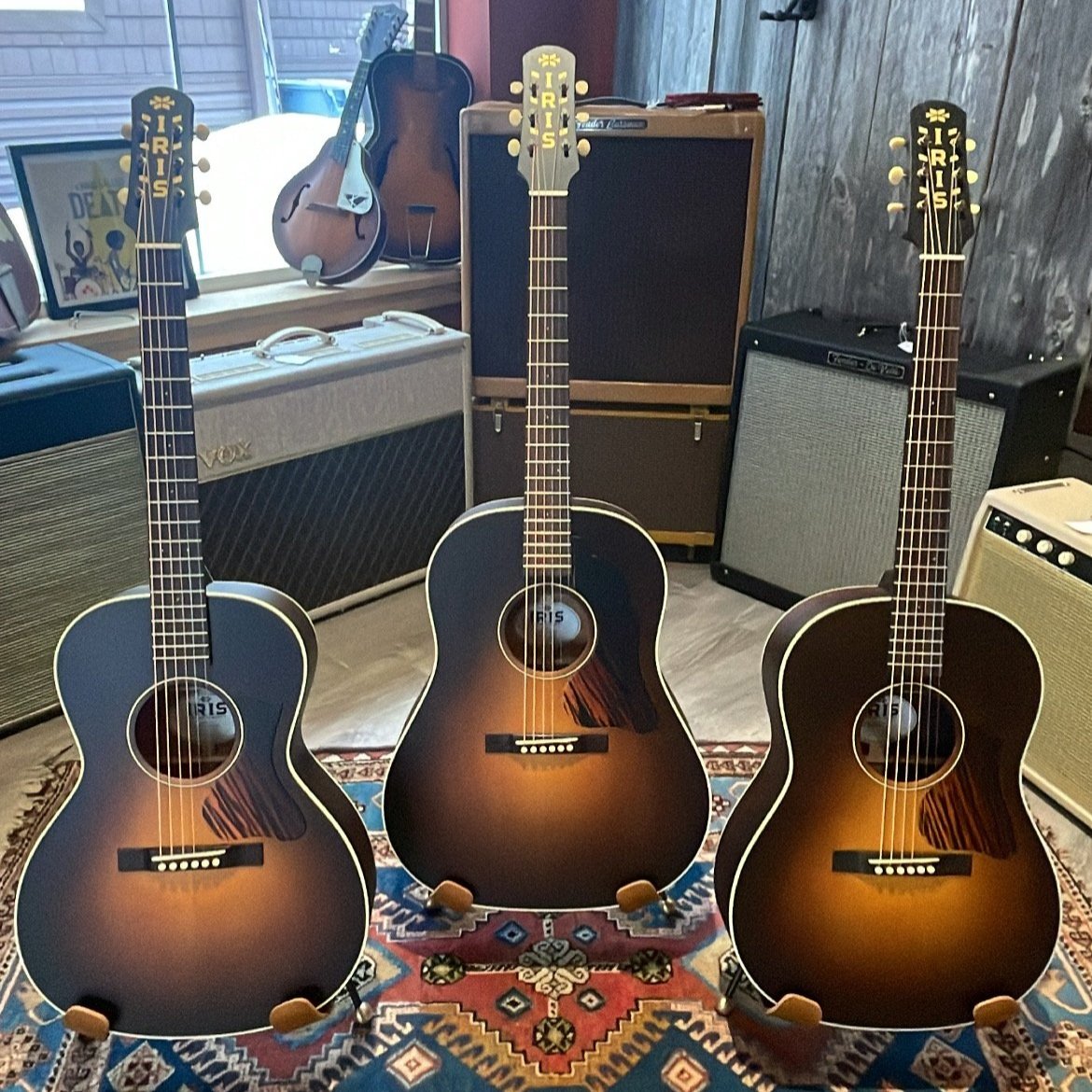In recent years, German-made guitars have been gaining significant popularity in the music industry. Musicians and guitar enthusiasts alike are recognizing the exceptional craftsmanship and unique sound that German guitars offer. From renowned musicians such as Peter Frampton and John Mayer to up-and-coming artists, German guitars are becoming a go-to choice for many professionals. This article will delve into the reasons behind the rise of German guitars, exploring their quality craftsmanship, engineering principles, rich history, unique sound, and growing popularity among professional musicians.
Quality Craftsmanship: The Key to German Guitars’ Success
One of the main reasons for the success of German guitars is their exceptional craftsmanship. German guitar makers are known for their meticulous attention to detail and use of high-quality materials. Each guitar is handcrafted with precision, ensuring that every component is perfectly fitted and finished. This level of craftsmanship results in instruments that not only look stunning but also play and sound incredible.
German guitar brands such as Duesenberg, Framus, and Lakewood are renowned for their commitment to quality craftsmanship. Duesenberg guitars, for example, are meticulously crafted by a team of skilled luthiers who pay close attention to every detail. From the selection of tonewoods to the hand-wiring of pickups, every step in the manufacturing process is executed with precision. This dedication to quality craftsmanship is evident in the playability and tone of Duesenberg guitars.
The Role of German Engineering in Guitar Making
German engineering principles play a significant role in the design and construction of German guitars. The same precision and attention to detail that are applied in other industries, such as automotive and mechanical engineering, are also applied to guitar making. This results in guitars that are not only aesthetically pleasing but also durable and highly playable.
German engineers focus on optimizing every aspect of guitar design, from the shape and thickness of the body to the placement of the pickups and hardware. This attention to detail ensures that German guitars have excellent resonance, sustain, and playability. The use of advanced manufacturing techniques and materials further enhances the overall quality of German guitars.
The German Guitar-Making Tradition: A Rich History

The tradition of guitar making in Germany dates back centuries. German luthiers have been crafting guitars since the 16th century, with notable contributions to the development of classical and acoustic guitars. The rich history of guitar making in Germany has influenced modern German guitar makers, who continue to build upon this legacy.
German guitar makers draw inspiration from traditional craftsmanship techniques while incorporating modern innovations. This fusion of old and new allows them to create instruments that embody the best of both worlds. The deep-rooted tradition of guitar making in Germany is evident in the attention to detail, quality materials, and exceptional playability found in German guitars.
The Unique Sound of German Guitars: What Sets Them Apart
German guitars are known for their unique sound, which sets them apart from other popular guitar brands. The tonal characteristics of German guitars can be attributed to several factors, including the choice of tonewoods, construction techniques, and hardware components.
German guitars often feature tonewoods such as spruce, maple, and mahogany, which contribute to their distinct sound. These tonewoods are carefully selected for their resonance and tonal properties. Additionally, German guitar makers pay close attention to the construction techniques used, ensuring that each component is optimized for maximum tonal response.
The hardware components used in German guitars also play a role in their unique sound. From pickups to bridges and tuning machines, German guitar makers prioritize quality and functionality. This attention to detail results in guitars that produce rich, balanced tones with excellent sustain.
The Growing Popularity of German Guitars Among Professional Musicians
German guitars have been gaining popularity among professional musicians in recent years. Many well-known artists have chosen German guitars as their instrument of choice, citing their exceptional craftsmanship and unique sound.
Peter Frampton, a legendary guitarist known for his soulful playing and melodic solos, has been using German-made Framus guitars throughout his career. Framus guitars are renowned for their exceptional craftsmanship and attention to detail, making them a perfect fit for Frampton’s playing style.
John Mayer, another highly acclaimed guitarist, has also been seen playing German-made guitars. Mayer has praised the playability and tone of German guitars, particularly those made by Duesenberg. The versatility and tonal range of Duesenberg guitars make them a popular choice among professional musicians in various genres.
German Guitar Brands: The Top Players in the Market
Several German guitar brands have established themselves as top players in the market. Each brand has its own unique characteristics and offerings that set them apart from the competition.
Duesenberg is one of the most well-known German guitar brands, known for its vintage-inspired designs and exceptional playability. Duesenberg guitars feature high-quality components, such as custom-wound pickups and innovative tremolo systems, which contribute to their unique sound.
Framus is another prominent German guitar brand that has gained recognition for its craftsmanship and attention to detail. Framus guitars are handcrafted using traditional techniques combined with modern innovations. The result is instruments that offer exceptional playability and tonal versatility.
Lakewood is a German brand that specializes in acoustic guitars. These instruments are crafted with precision using high-quality tonewoods and construction techniques. Lakewood guitars are known for their rich, balanced tones and excellent projection.
The Future of German Guitars: What to Expect
The future of German guitar-making looks promising, with continued growth and innovation on the horizon. As technology advances, German guitar makers are likely to incorporate new manufacturing techniques and materials into their processes. This could result in even higher-quality instruments with enhanced playability and tonal characteristics.
Innovation in guitar design and construction is also expected to play a significant role in the future of German guitars. German engineers and luthiers are constantly pushing the boundaries of what is possible, experimenting with new shapes, materials, and hardware components. This dedication to innovation ensures that German guitars will continue to evolve and meet the needs of musicians in the ever-changing music industry.
German Guitars for Every Budget: From Affordable to High-End

German guitar brands offer a range of options to suit every budget. From affordable entry-level models to high-end, custom-built instruments, there is a German guitar for every player.
For those on a tighter budget, brands like Harley Benton and Höfner offer affordable options without compromising on quality. These guitars are often made in Germany or in collaboration with German manufacturers, ensuring that they meet the high standards associated with German craftsmanship.
At the higher end of the spectrum, brands like Duesenberg and Framus offer custom-built guitars that are crafted with the utmost attention to detail. These instruments are often made to order, allowing players to choose their preferred specifications and features. While these guitars come with a higher price tag, they offer unparalleled quality and customization options.
Conclusion: Why German Guitars are Here to Stay in the Music World
In conclusion, German guitars have experienced a rise in popularity in recent years due to their exceptional craftsmanship, engineering principles, rich history, unique sound, and growing popularity among professional musicians. The meticulous attention to detail and high-quality materials used in German guitar-making contribute to their superior playability and tonal characteristics.
The rich tradition of guitar making in Germany has influenced modern German guitar makers, who continue to build upon this legacy while incorporating modern innovations. The unique sound of German guitars sets them apart from other popular guitar brands, making them a preferred choice among professional musicians.
With top players in the market such as Duesenberg, Framus, and Lakewood, German guitar brands offer a range of options to suit every budget. Whether you’re a beginner or a professional musician, investing in a German-made guitar is a testament to the quality and craftsmanship that these instruments offer.
As technology and innovation continue to advance, the future of German guitar-making looks promising. German guitar makers are likely to incorporate new manufacturing techniques and materials into their processes, resulting in even higher-quality instruments. With their exceptional craftsmanship and unique sound, German guitars are here to stay in the music world.
